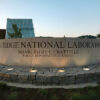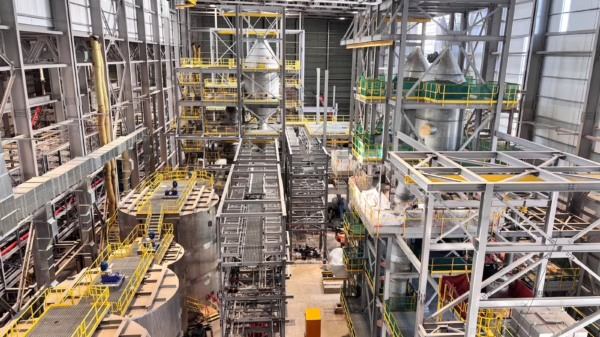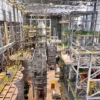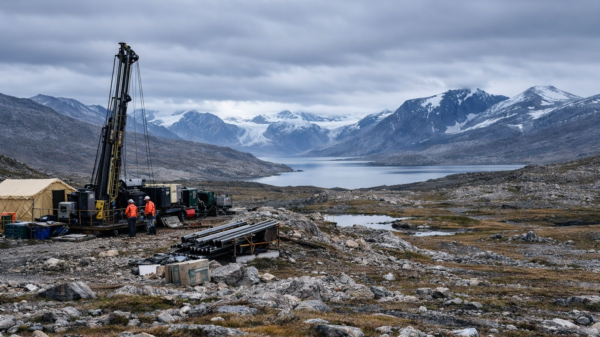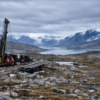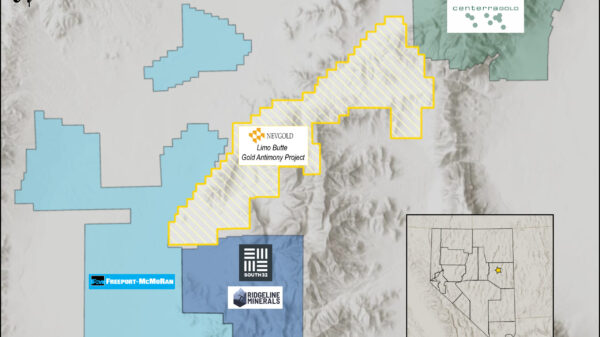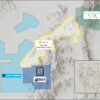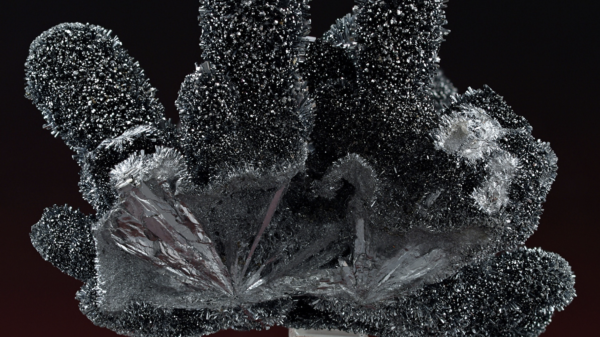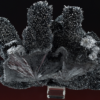Western Australia’s Pursuit Minerals Ltd (ASX: PUR) has received some favourable assays from its first drill hole in Salta, Argentina. The junior miner, which currently trades its shares for less than half a cent, has one South American operation and two in its home country.
Initial samples from the company’s Rio Grande Sur project yielded grades exceeding 600 milligrams per litre over short lengths. Drill hole number one also pulled samples with grades exceeding 400 mg/L over about 10 metres at three different intervals/depths.
“With outstanding high-grade brine intercepts at depths of 100-130 metres and continuing to 500 metres with grades above 600mg/L at shallow depths, the project is exceeding our expectations,” Managing Director Aaron Revelle said.
The company’s inaugural drill program has been ongoing since March and will soon conclude when a depth of 600 metres has been reached. Pursuit has a lithium carbonate plant on-site too. That plant will produce its first batch of the chemical within the next few months.
The Salta province, situated in the heart of the prolific Lithium Triangle, is home to many lithium brine resource developers. These include companies like Arcadium Lithium plc (NYSE: ALTM), Lithium South Development Corporation (TSX-V: LIS) (OTCQB: LISMF) (Frankfurt: OGPQ) and Argosy Minerals Limited (ASX: AGY).
.📺 @StockheadAU caught up with $PUR MD and CEO Aaron Revelle after fresh diamond #drilling at Pursuit's Rio Grande Sur #lithium project in Argentina has certainly lived up to expectations showing 620mg/l Li
Hear more https://t.co/MAfOrQ9u7I pic.twitter.com/2TbvmDeKyl
— Pursuit Minerals Limited (@PursuitMins) May 29, 2024
Read more: Lithium South expands well installation program at Hombre Muerto North
Read more: Lithium South explores alternative production methods at Hombre Muerto North
Australia signs critical minerals agreement with EU
Pursuit’s home nation and the European Union crafted a memorandum of understanding this week. It will enhance cooperation with critical minerals like lithium and help loosen China’s grip on supply chains. The Asian nation’s monopoly on rare earths is a particularly significant concern.
“Our MoU focuses on integrated value chains, boosting research and innovation for both sides as well as sustainable production,” Valdis Dombrovskis, the EU’s trade commissioner, said in a statement.
Australia is known for being one of the world’s leading producers of cobalt, lithium, copper, rare earths and other critical minerals. Lithium is a particularly significant export for the country, which produces about half of the globe’s supply. These commodities are essential for electric vehicle batteries and other tech, down under and throughout Europe.
“The partnership covers the entire critical and strategic minerals value chain: exploration, extraction, processing, refining, recycling, and processing of extractive waste,” the European Commission says.
Now that the agreement has been signed, a comprehensive plan will be developed over the next six months.
🇪🇺🤝🇦🇺 The EU and Australia just upped their critical raw materials partnership. It will
⏫Diversify the EU's supply of critical raw materials
⏫Boost R&D and investment in Australia
⏫Reduce environmental impact of these value chainsGet all the facts: https://t.co/uHtZbfg0PS pic.twitter.com/1EgXvsxizv
— EU Trade 🇪🇺 (@Trade_EU) May 28, 2024
Lithium South Development Corporation is a sponsor of Mugglehead news coverage
rowan@mugglehead.com





